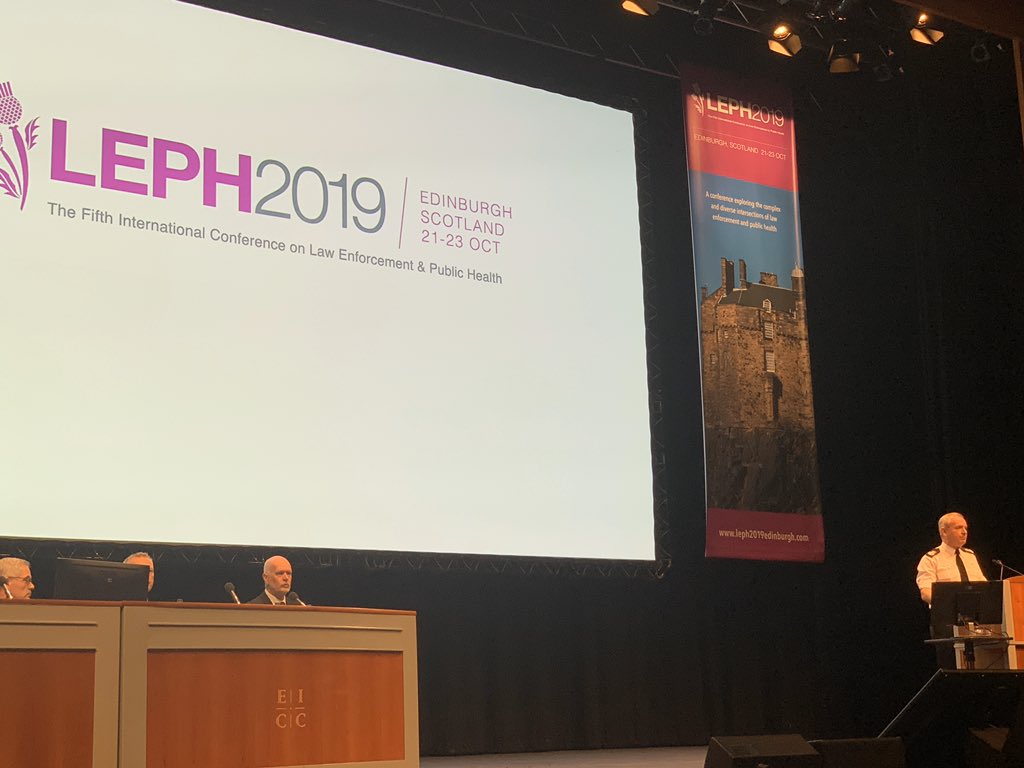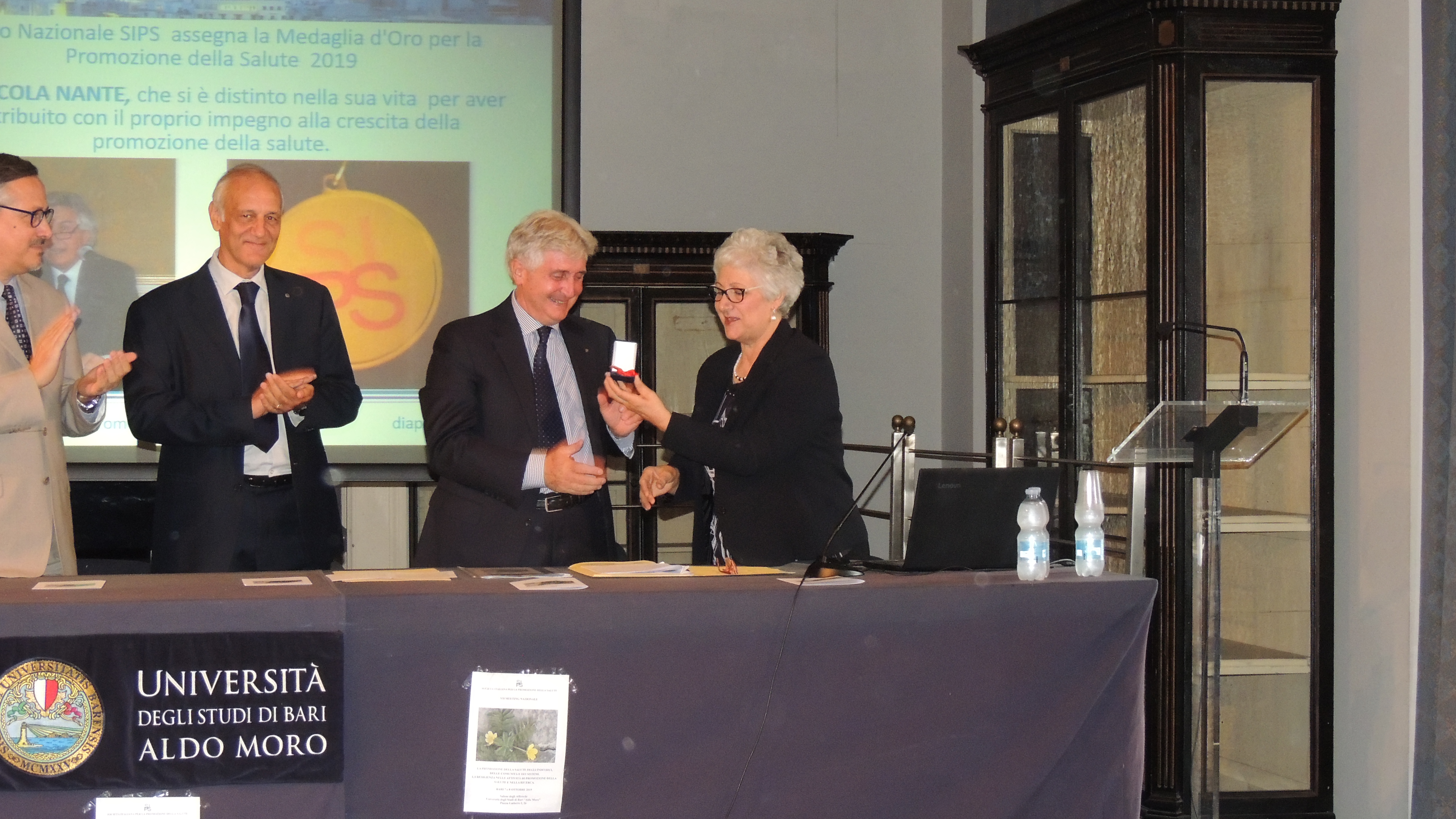9. Interesting publications
Achieving health equity in the European region
The Lancet Public Health | Editorial | Volume 4, ISSUE 10, Pe482, October 01, 2019
On Sept 10, 2019, WHO published a report, Healthy, prosperous lives for all: the European Health Equity Status Report, which reviews progress and gaps in achieving health equity in the WHO European region and provides critical evidence to inform governments in designing their policies and foster action. Health equity implies that everyone should have a fair opportunity to attain their full health potential and that no one should be disadvantaged from achieving this potential—this report, unfortunately, reveals that progress towards health equity in many of the 53 countries of the WHO European region is stalling. Despite overall improvements in health and wellbeing in the European region over the past 15 years, these successes have not been distributed equally and strong inequities within countries persist.
Read more
https://www.thelancet.com/journals/lanpu...
Smoking reduction interventions for smoking cessation
Cochrane Systematic Review - Intervention
The full article is available here, followed by a plain language summary.
https://www.cochranelibrary.com/cdsr/doi...
Eating habits and weight status in Finnish adolescents
Public Health Nutrition | Volume 22, Issue 14 | October 2019 , pp. 2617-2624
Read the article
https://www.cambridge.org/core/journals/...
Offline: The necessity of the engaged scientist
The Lancet |Comment| Volume 394, ISSUE 10207, P1398, October 19, 2019
by Richard Horton
"What should we expect of scientists in society? To do great science for sure. But to demand more is surely unreasonable. When medical journals publish research on war, the climate crisis, migration, Brexit, President Trump, and even notions of social justice, for some readers we clearly violate a principle that they hold dear—that science and politics do not mix, and certainly should not be mixed in the pages of a medical journal. I remember one ardent (and knighted) advocate of evidence-based medicine saying that journals should focus only on publishing the best available science. The social and political consequences of that science, he argued, should be left for others to decide. Although I disagree with him, I certainly acknowledge that these are controversial matters that invite difficult questions about the role of scientists in society. Where might one look for answers to these dilemmas? The question is important as we confront planetary threats of unprecedented magnitude."
Read more
Russia's alcohol policy: a continuing success story
The Lancet | Editorial | Volume 394, ISSUE 10205, P1205, October 05, 2019
Russia—historically considered one of the heaviest-drinking countries in the world—now stands as an example of how a long-term strategy using stringent policy reforms targeting both alcohol production and individual consumption can reverse the devastating effects of alcohol on a nation.
Read more
https://www.thelancet.com/journals/lance...
No more butts -Reducing plastic pollution means banning the sale of filtered cigarettes
The British Medical Journal | Editorial | 23 october 2019
Authors: May C I van Schalkwyk, research fellow, Thomas E Novotny, professor emeritus, public health, Martin McKee, professor of European public health
Growing awareness of the harm done to ecosystems through disposal of vast quantities of plastic has created public outrage and compelled governments to act. The European Union, for example, will ban many single-use plastic products, such as cutlery, plates, and straws, from 2021. However, these measures do not extend to one of the leading sources of plastic waste worldwide that is hiding in plain sight: the cigarette butt.
Read the article
https://www.bmj.com/content/367/bmj.l589...
National health care in Portugal: a new opportunity
The Lancet | Editorial | Volume 394, ISSUE 10206, P1298, October 12, 2019
On Sept 15, Portugal celebrated the 40th anniversary of its national health system. Since its creation, there has been impressive progress in Portugal's health indicators. Infant mortality per 1000 livebirths decreased from 3·3 in 2006 to 2·9 in 2017, and life expectancy of men and women increased by more than 4 years over the same period to 81·3 years (longer than the EU average). However, the tide is changing and after the economic crisis, cuts in public expenditure have introduced new challenges. According to WHO, Portugal is one of only four countries (of 33 analysed) that reduced public health expenditure between 2000 and 2017.
Read more
https://www.thelancet.com/journals/lance...
How executives' expectations and experiences shape population health management strategies
The BMC | Research article | Open Access | Open Peer Review | 26 October 2019
Authors: Betty M. Steenkamer, Hanneke W. Drewes, Natascha van Vooren, Caroline A. Baan, Hans van Oers & Kim Putters
Read the article
https://bmchealthservres.biomedcentral.c...
Building operational public health capacity through collaborative networks of National Public Health Institutes
The BMJ Global Health | Analysis | 23 october 2019
Authors: Robert Verrecchia, Osman Dar, Olaa Mohamed-Ahmed, Neil Squires
The strengthening of public health systems internationally is integral to the improvement and protection of global population health. Essential public health functions and services are provided for by a range of organisations working together, often co-ordinated and strategically led by national Ministries of Health. Increasingly, however, National Public Health Institutes (NPHIs) are being developed to better integrate and support the delivery of these services. In this paper, we outline the role of NPHIs, analyse their advantages and shortcomings, and explore their potential to deliver enhanced public health through collaborative networking as well as partnership with WHO.
Read the article
https://gh.bmj.com/content/4/5/e001868
Financing Health Promoting Services - an information guide
This document is the first stage of an online information tool on financing health promoting services. The guide originated from an initiative by the Coalition of Partners of the WHO European Region. EuroHealthNet is grateful for the opportunity to lead the effort to develop this guide on behalf of the CoP.
This document will serve as a basis for the online tool highlighting how to overcome existing gaps in investment in health promoting services by providing concrete, ‘out-of-the-box’ examples of how investment can be mobilised. The online tool is expected to be available before the end of 2019.
https://eurohealthnet.eu/sites/eurohealt...
Social sustainability and economic progress: it's time for a new narrative
Read EuroHealthNet's Semester analysis
View the infographic on health inequalities
|






